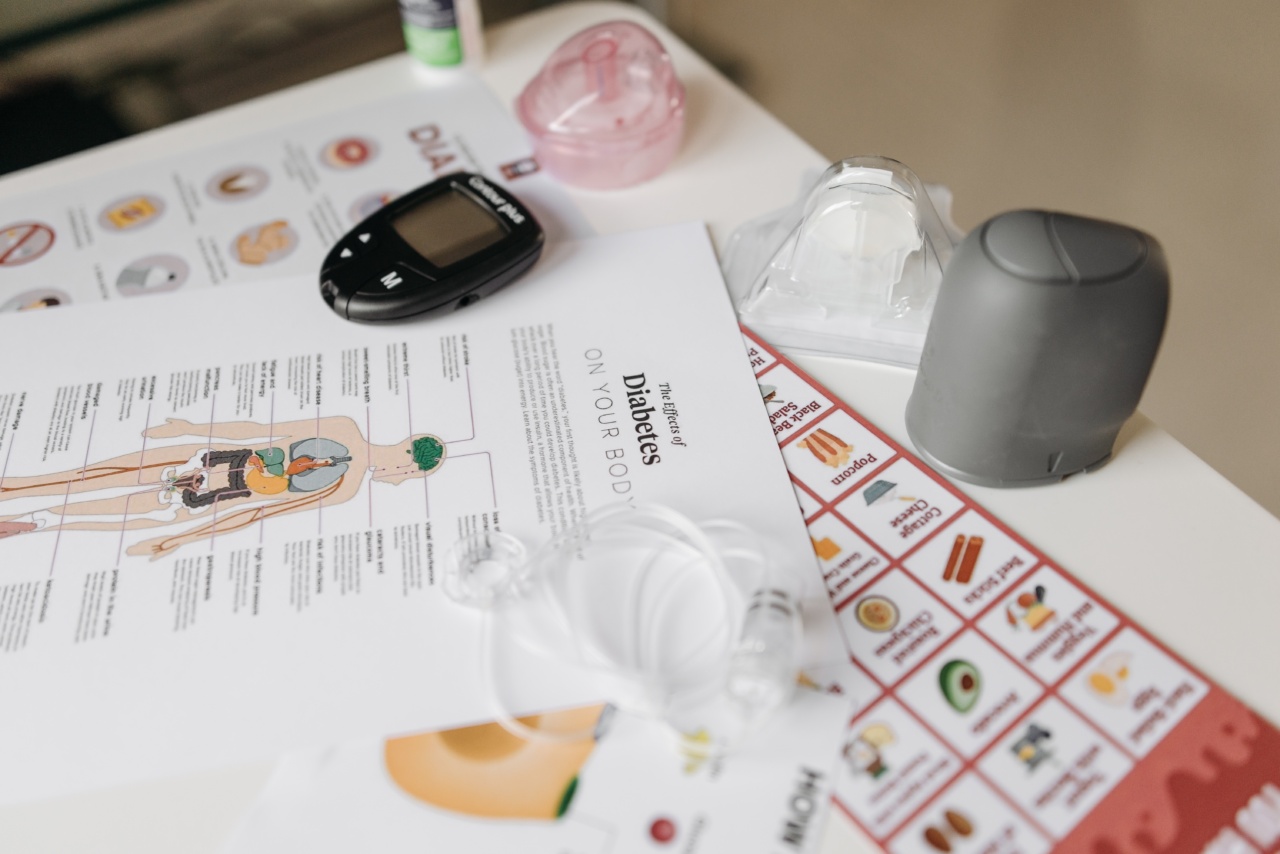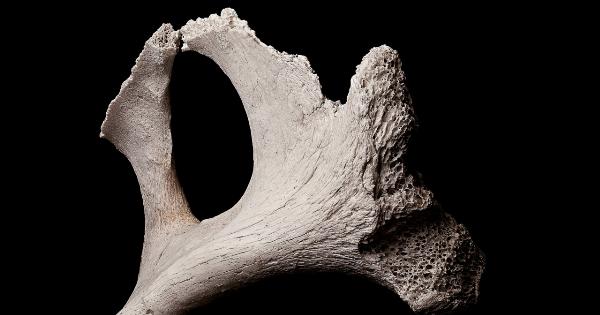Diabetes is a major health concern across the world, especially in children. With advancing medicine and technology, researchers are trying to find the causes and possible solutions for the disease.
One such area of research has been the link between crone and diabetes in kids. However, a recent study has brought forward some surprising results.
What is Crone?
Crone is a type of rock that is commonly found in many areas around the world. It is known for its various uses in construction, including its strength, durability, and resistance to weathering.
However, it is also known for its mineral composition, which contains high levels of chromium and other elements.
Some researchers have speculated that the high levels of chromium in crone could have an effect on the body, leading to an increased risk of diabetes. Chromium is known to affect insulin sensitivity, which is a factor in the development of diabetes.
The Study
In order to test the connection between crone and diabetes, a group of researchers conducted a study on children living near crone mines in South Africa.
The study included both a control group of children living away from the mines and a group of children living near the mines.
The study measured the levels of chromium in the children’s urine and blood, as well as their insulin levels and glucose tolerance.
The results were surprising: there was no significant difference between the two groups in terms of their insulin levels or glucose tolerance.
Furthermore, the study found that the levels of chromium in the children’s urine and blood were not significantly higher in the group living near the mines than in the control group.
Implications
The implications of these results are significant. It means that there is no strong evidence to suggest that chromium exposure from crone has a significant effect on the risk of diabetes in children.
This challenges previous research that had suggested a link between the two.
This study also highlights the importance of conducting rigorous and comprehensive scientific research before drawing conclusions about the causes and risk factors of a disease.
It is important to consider all variables and factors that may be involved, and to base conclusions on sound evidence.
Conclusion
In conclusion, the recent study suggesting no link between crone and diabetes in kids challenges previous research and highlights the importance of rigorous scientific research.
While there may be other risk factors associated with the development of diabetes in children, this study suggests that crone exposure may not be one of them.






























